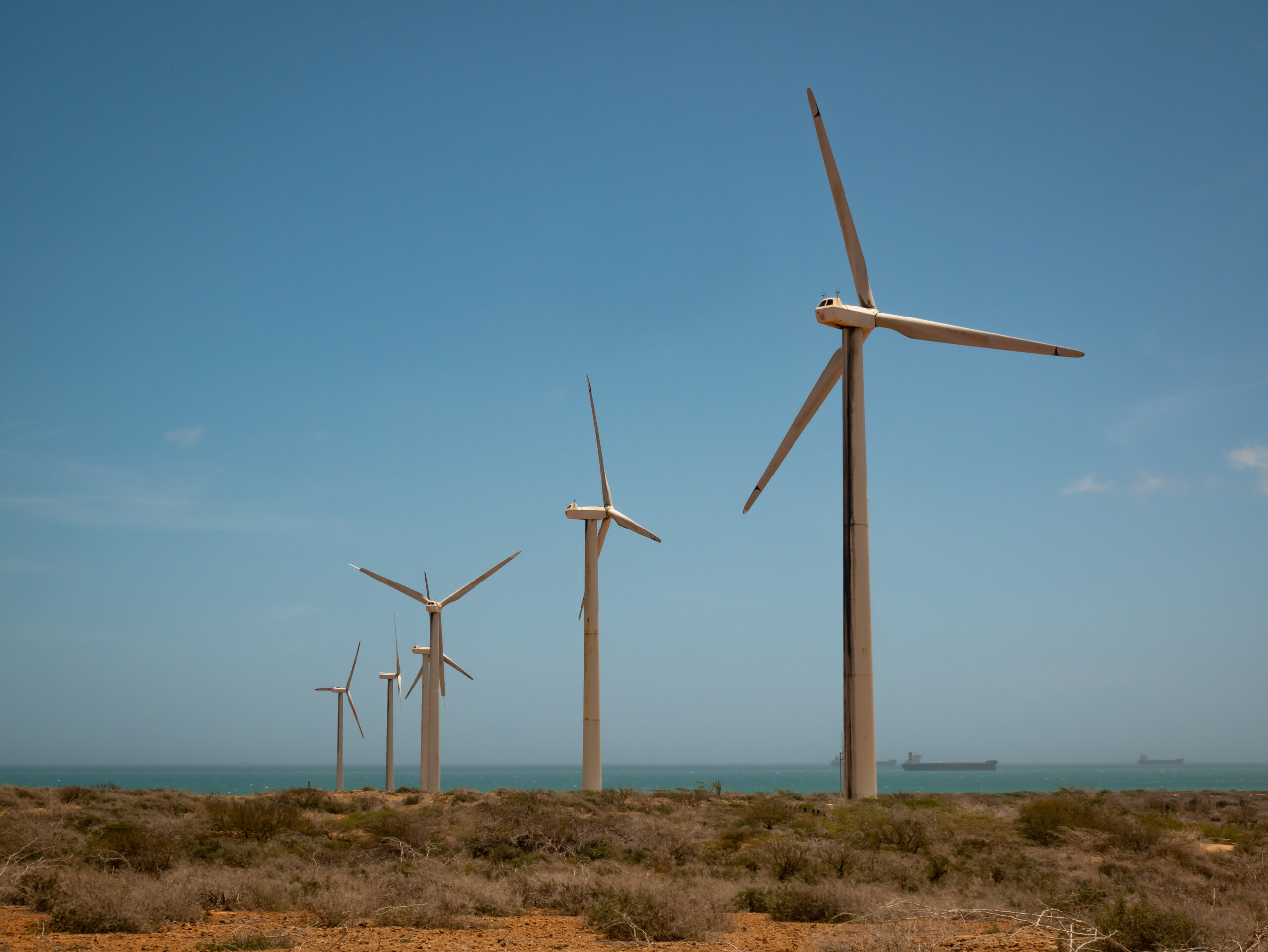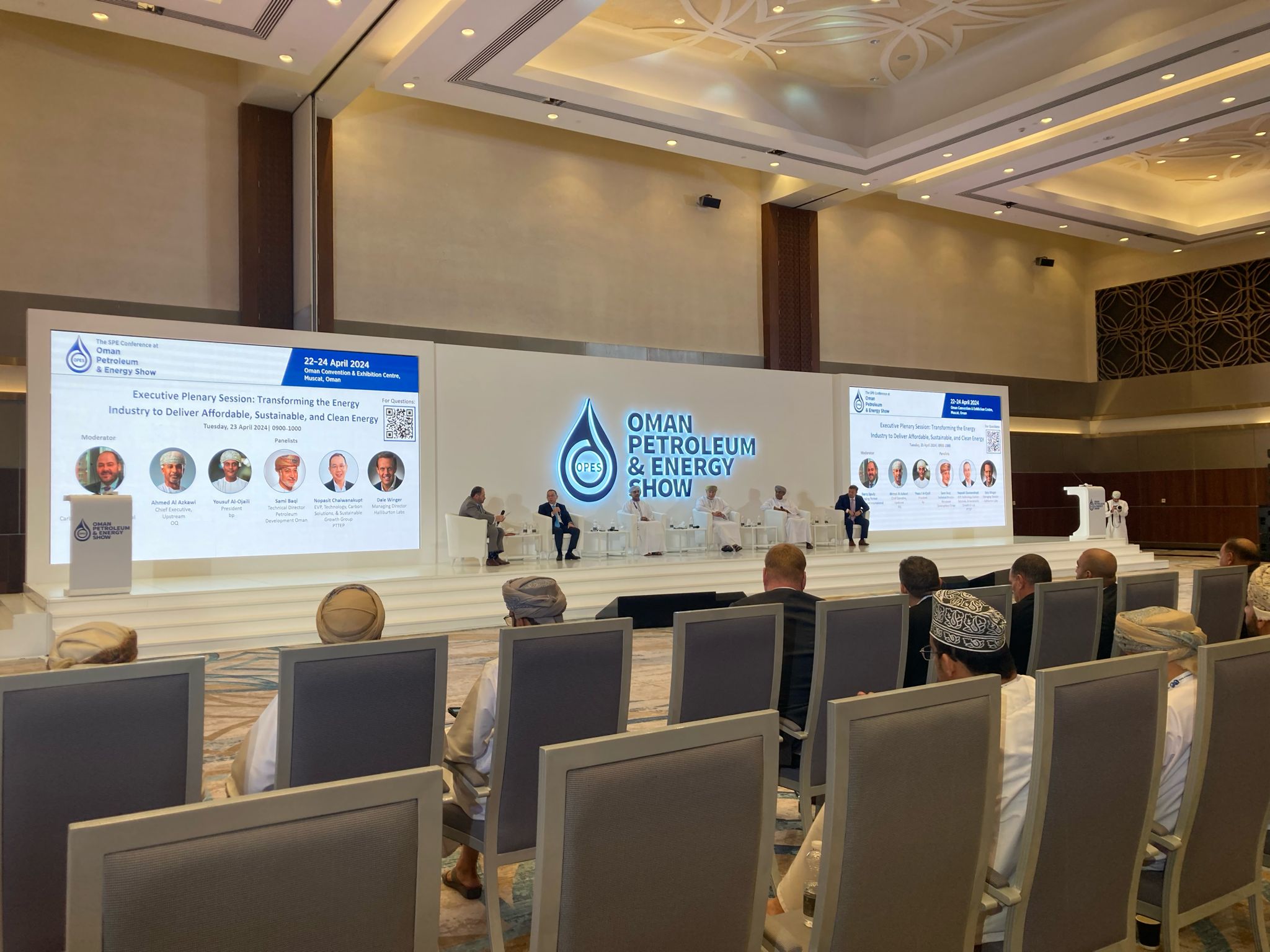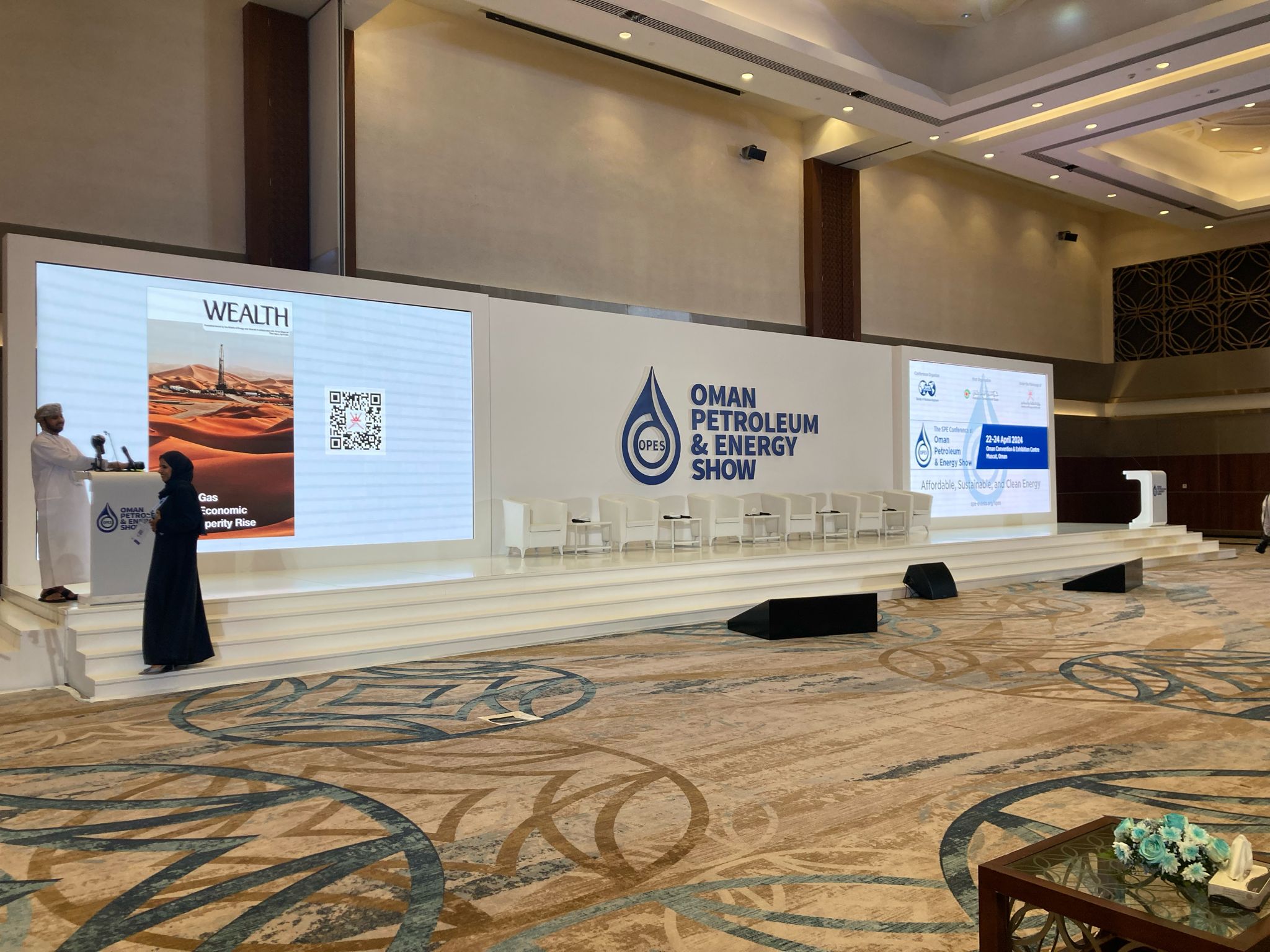Colombia’s energy transition at play in pivotal election
With both candidates opposed to fracking, the future of Colombia’s pilot unconventional exploration projects Kalé and Platero, is uncertain.

Colombia’s oil and gas industry is bracing for potential upheaval ahead of a June presidential election between former guerrilla Gustavo Petro and construction tycoon Rodolfo Hernández who unexpectedly beat a candidate representing the oil and coal-exporting country’s conservative establishment.
Petro, a leftist ex-mayor of Colombia’s capital Bogotá, scored 40.3% of the votes in a 29 May first-round election. In a 19 June run-off ballot, he will face Hernández, the former mayor of the eastern city of Bucaramanga who garnered 28.2%.
Colombia’s former finance minister Mauricio Cárdenas, currently visiting senior research scholar at the Center on Global Energy Policy at Columbia University in New York, describes the run-off as a “battle of populisms” between two candidates who have not shown how they will pay for their proposals.
After his surprise third-place finish in the May election, rightwing former Medellin governor Federico Gutiérrez, whom polls had wrongly predicted would be Petro’s run-off rival, endorsed Hernández. As new polls are signalling, this gives the septuagenarian magnate a good shot at vanquishing Petro in the final race.
But Hernández’s positions are fuzzy. Considered a political outsider, he has ditched presidential debates and inspired many young voters through unconventional TikTok videos instead. He vows to usher in honest, austere and independent government.
Despite the ambiguity, Hernández is the favourite of most of the investment community, including the oil and gas sector that Petro has long pledged to phase out. In what he describes as a break with Colombia’s “extractivist model”, Petro wants to steer the country away from fossil fuels by ending new hydrocarbons exploration and pilot projects for hydraulic fracturing — better known as fracking.
His proposal to catapult Colombia’s energy transition had contrasted with the platform of Gutiérriez, who would have extended incumbant president Ivan Duque’s strategy of gradual transition in which oil, and especially gas, activity would carry on as the country harnessed alternatives such as hydrogen and solar and wind energy.
But the run-off offers less of a contrast, as Hernández’s positions increasingly overlap with Petro’s policy prescriptions. The day following his surprise electoral victory, Hernández tweeted that “after evaluating available information” he also opposes fracking, reversing preliminary support he had given in previous remarks.
With both candidates opposed to fracking, the future of Colombia’s pilot unconventional exploration projects Kalé and Platero, which the country’s state-controlled energy giant Ecopetrol and partner ExxonMobil were supposed to start drilling in 2023, is uncertain.
Ecopetrol and the Duque administration say Colombia needs unconventional exploration to reverse a slide in oil and gas reserves. As of December 2021, Colombia had 1.816 billion barrels of proven crude reserves, equivalent to just 7.6 years of production, according to the National Hydrocarbons Agency (ANH). Proven gas reserves totaled 2.949 trillion cubic feet, equivalent to eight years of output.
Ties with Caracas
Plans to explore for gas off Colombia’s Caribbean coast are also at play. Ecopetrol and international oil companies such as Shell and Anadarko, a unit of US independent Occidental, have targeted the deepwater play as a promising source of new gas reserves. A separate proposal shared by both candidates could snarl into these aspirations: the restoration of Colombia’s diplomatic relations with neighbouring Venezuela.
Duque had severed ties with Caracas in early 2019 as part of a wider international rebuke over the Venezuelan government’s political repression and erosion of democracy. If Duque’s successor changes course, decades-old plans to export Venezuelan gas to Colombia along an existing cross-border pipeline could get a second look.
In shallow waters off Venezuela’s western coast, European companies Repsol and Eni produce a small volume of gas from the 17 Tcf Perla field. If pipeline infrastructure is repaired and expanded, the producers could expand production and supply Colombia at a competitive price.
That possibility “could undercut plans to tap Colombia’s own offshore gas reserves, which are more costly to develop,” a Colombian oil industry official told Gas Outlook privately. Still, even if Bogotá restores ties to Venezuela, gas exports would take years to materialize, other industry participants say.
Modest strides
Regardless of the electoral outcome, Colombia is making modest strides toward transitioning to a greener economy, and these have a good chance of enduring. In terms of electricity, for example, the outgoing administration is laying the groundwork for its successor to award offshore wind contracts in the first quarter of 2023. The energy ministry says that Colombia has 50GW of offshore wind energy potential. The first tender would open in August for development to begin in 2023. The offshore wind farms would kick off operations in 2030.
Hydrogen is making inroads as well. Ecopetrol recently launched a pilot project at its 165,000 b/d Cartagena oil refinery to produce green hydrogen. And the government is evaluating 58 green and blue hydrogen proposals in a co-financing tender that will be awarded on 17 June.
However one expert warned that Colombia cannot afford to renounce its oil industry in the near term. “No matter who wins the Colombian election, reality is going to set in. If you choke the economy and the oil sector, there is no way to pay for ambitious social spending. So Colombia needs to tap its resource base. At the same time, that resource base is shrinking,” says Luis Pacheco, nonresident fellow at Houston-based Baker Institute’s Center for Energy Studies.



